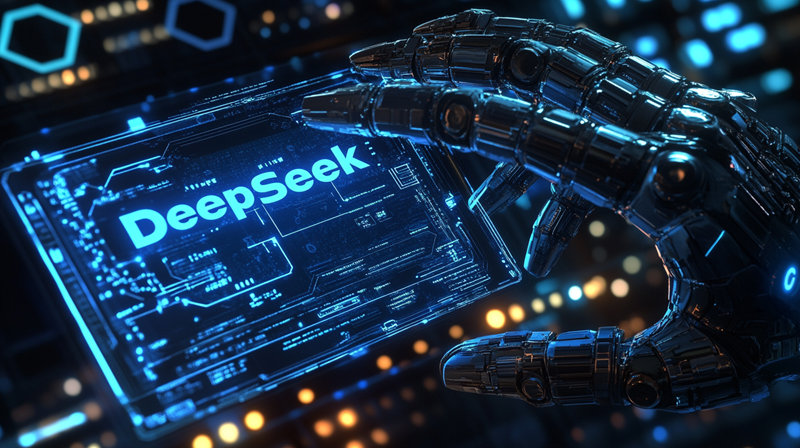According to a recently released Gartner report, by 2027, businesses will utilize task-specific AI models three times more frequently than general-purpose large language models (LLMs). The report highlights that while LLMs possess strong capabilities in language processing, their accuracy diminishes when tackling tasks requiring in-depth understanding of specific business domains. Consequently, more and more enterprises are focusing on customized models tailored to meet their unique needs.

Image Source Note: Image generated by AI, image licensing provider Midjourney
Sumit Agarwal, VP and Analyst at Gartner, attributes this shift to increasingly complex business workflows and heightened accuracy demands. He emphasizes, “These smaller, task-specific models offer faster response times and utilize less computing power, thus reducing operational and maintenance costs.” Unlike LLMs, task-specific models can be adapted to specific business needs through methods like retrieval-augmented generation or fine-tuning.
In this context, the importance of enterprise data is growing, enabling companies to customize models. However, this necessitates data quality checks, preparation, and management to ensure the use of correct data. Agarwal notes, “As companies increasingly recognize the value of their private data and the insights gleaned from specialized processes, they may begin to monetize their models and offer access to these resources to a wider audience, including customers and even competitors.” This signifies a shift from protective data usage towards more open and collaborative data and knowledge sharing.
Gartner's report also offers several recommendations to support businesses transitioning to smaller AI models. This includes piloting contextual models in areas where deep understanding of the business context is needed or where existing LLMs fail to meet speed or accuracy requirements. For situations where a single model is insufficient, Gartner suggests a composite approach, integrating multiple models and workflow steps.
Furthermore, Gartner stresses the importance of investing in data preparation and talent development. The report points to the need to prioritize data curation to prepare for training smaller AI models, while simultaneously upskilling cross-functional teams, including data scientists, AI engineers, compliance officers, procurement specialists, and other key stakeholders.
Key Takeaways:
🌟By 2027, task-specific AI will be used three times more often than general-purpose AI, meeting specific business needs.
⚙️ Smaller models offer faster response times, lower computing power demands, and reduced operational costs.
📊 Businesses need to prioritize data quality and talent development to adapt to the AI transformation.










